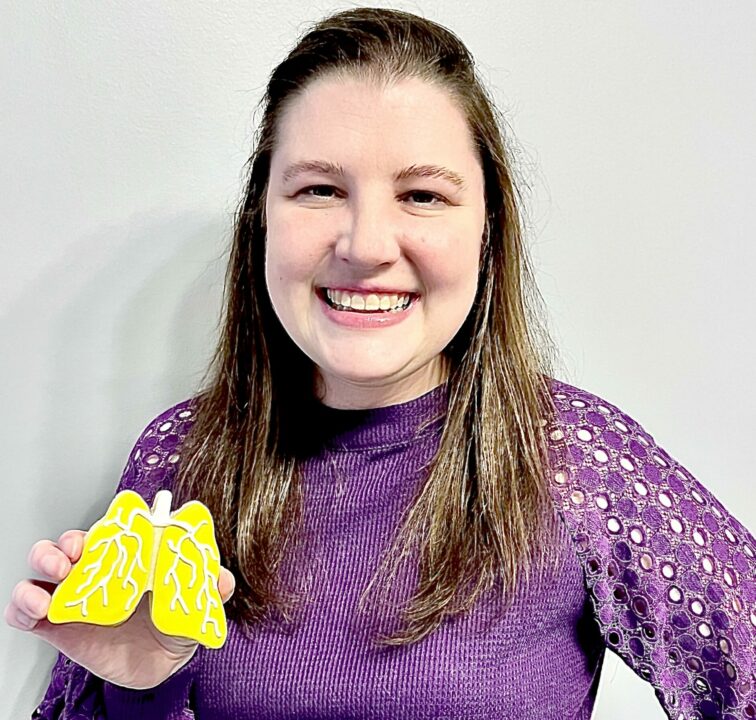by Authored by Cello Health, now part of Lumanity
1. What does patient centricity mean to you?
Putting the patient “at the centre” of everything that you do sounds relatively easy but, patient centricity is about firmly putting this thought into direct action. It’s about understanding what’s important to the patient at all stages of their experience of illness, from diagnosis, through to treatment and also to understanding that, for a treatment to be effective, we should be looking at the side effects and quality of life patients have as a result – not just clinical outcomes like “years survived”. In some cases this will be challenging; patients differ in their preferences as well as their responses to treatments, so patient centricity also means that we need to be flexible in our approaches and realise that the things that work for some people may not work for all of them.
2. What motivates you to be a speaker at this event with the pharmaceutical industry?
Living with an immune deficiency in a pandemic has certainly shown me how important the role of the pharmaceutical industry is! In addition, I survived Stage 4 non-Hodgkin lymphoma because of advances in monoclonal antibody treatments, but I’ve been left with many long-term side effects. I’m hugely grateful to have survived what would have been a death sentence even ten years earlier, but the experience has also made me passionate about wanting those who develop and manufacture medicines to understand the full breadth of impact that they have on patients – both good and bad.
3. How have you and the patient groups you work with seen the patient journey evolve over the past 5-10 years?
The biggest change I’ve seen in the patient journey really comes from my point of view working in cancer support. Over the last decade, treatments have changed and improved, and more people are living with cancer, and for longer. In a sense, there is a new, growing category of cancer patients who may not be ‘cured’ of their cancer but can live for a long time with it, and that’s been very exciting to see. It does pose other questions for us though – about treatment side effects, quality vs. quantity of life, and how we can provide the level of psycho-social support to those who are living with massive levels of uncertainty.
4. Where should pharma place additional focus in terms of patient engagement related to treatment programmes and wellbeing?
It can be easy to underestimate the support that patients need to cope with a medical condition and treatment. Whenever you’re diagnosed with a serious illness, it changes your perception of who you are and can chip away at that sense of invincibility that we all have (but don’t usually think about). Many patients are diagnosed with either serious acute or long-term conditions and would benefit from psycho-social support to come to terms with these conditions and encourage improved self-management but this doesn’t happen often enough.
It’s also hugely important for pharmaceutical companies to find ways of really listening to patients and the impact that medicines can have on them; we can fall into using terms such as “well-tolerated” but who gets to decide what’s tolerable? How do we decide whether “tolerable” is the same as “I’m happy to do this for the rest of my life”?
I’d personally love to see more engagement with patients on how they take medicines and how it makes them feel, so that we can learn more about how tweaks in scheduling and dosing can make management of illness more effective and less difficult. In reality, many patients already tweak their medication schedules and doses but they don’t tell their doctors or nurses because they don’t want to get told off – it would be great if we could actually learn from what they’re doing so that we can improve adherence to medications and, hopefully, create better outcomes.
5. What types of work are you directly involved in to support patients who are receiving treatment?
I’m a founding Director at Shine Cancer Support and we provide information and support to thousands of younger adults with cancer across the UK. Throughout the pandemic we’ve moved all of our programmes online we run private online groups, a blog and a podcast, as well as a number of online programmes for adults in their 20s, 30s and 40s with cancer. As Chair of the Patient and Public Voices Forum of the NHSE Cancer Programme, I’m also involved at the national level in looking at how cancer services are developed and tested, and how the recovery from the pandemic will progress.









